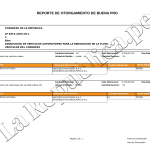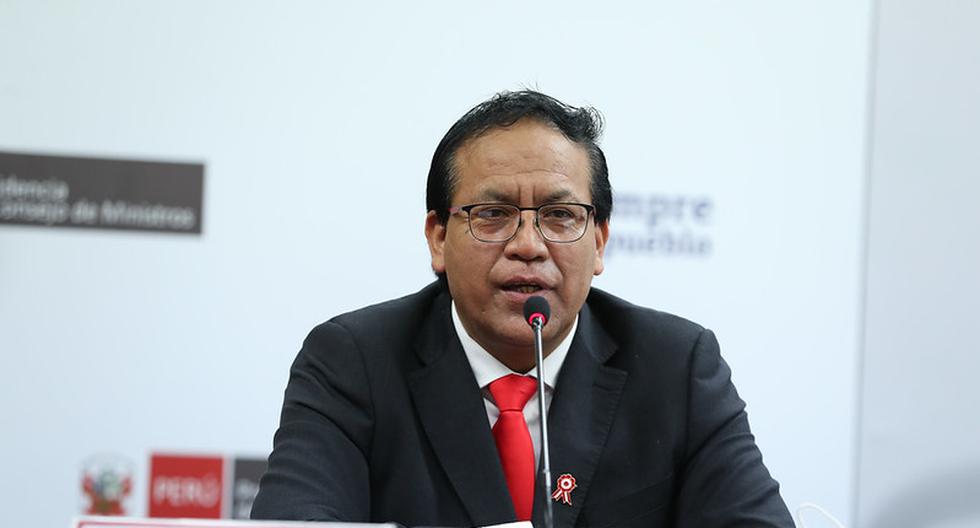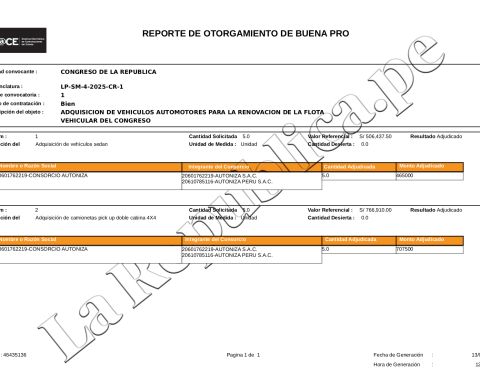A New York consulting firm claimed some time ago that if public confidence fell below 99%, the world as we know it would be impossible.
Do we have even a rough idea of the number of small decisions we make daily based on trust in something or someone?
We drink a glass of tap water without wondering whether or not it is reliable. We take it for granted, trusting that the water body will deliver an innocuous product. The same when we open a package with some edible product, we put a toothpaste in our mouth, we take a remedy or we apply a topical cream bought at the pharmacy hoping to cure an infected scrape.
The same consultant calculates that throughout a 16-hour day of activity, a person performs no less than a hundred actions related to ingestions, inhalations or applications aimed at producing a specific action in the body, from quenching thirst to clearing respiratory tract threatened by some infectious agent. Do we ask ourselves, before indulging in the procedure, if that nebulization recommended by the pharmacist is going to help us or, perhaps, produce an adverse reaction? It is not the case. We simply do it because we trust the professional who guides us and the medicines to be used, some of them made on the other side of the planet.
Why, then, do we usually say that “no one trusts anything or anyone anymore”? These expressions of frustration, almost of rage, generally arise from contact with people and events very close to us whose actions arouse very high and very immediate expectations. And there is no deeper disappointment than a broken promise and a betrayed trust. This happens too often in the world of politics.
Money lost in a scam is sometimes recovered or not recovered. But when trust is diluted in the world of betrayed values, the damage is much greater and difficult to restore. Those who aspire to govern us in the next constitutional period should take very seriously what they say in their fiery campaign speeches. Believe it: the citizen’s reserve of trust is increasingly meager and he takes care of it like a miser. Do not dishonor her because there is something that is also becoming scarce: tolerance for betrayal.

















